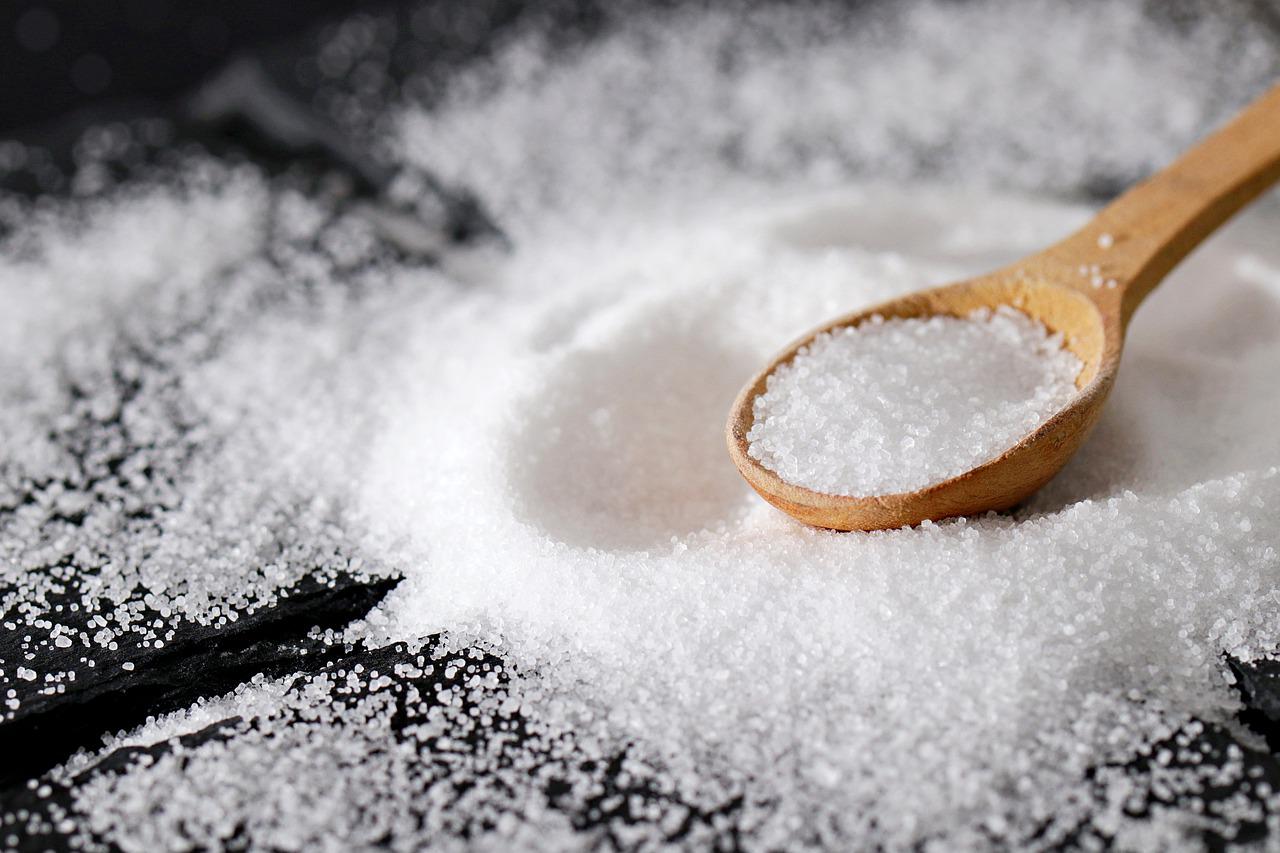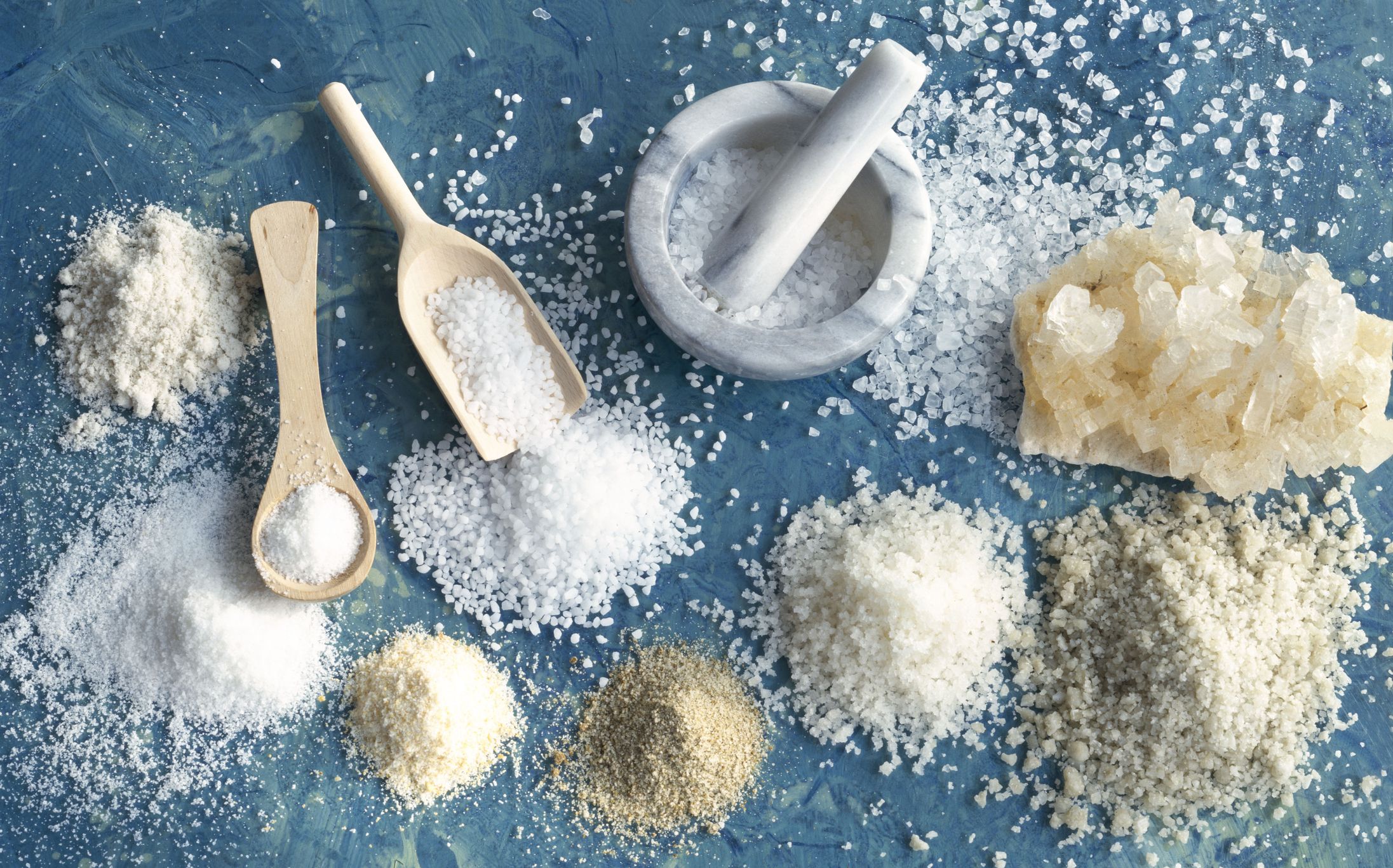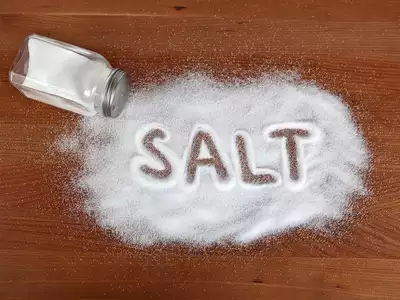In a recent study from the USA, researchers tackled the impact of salt on chronic kidney disease, revealing some eye-opening insights. The findings suggest that people who took it upon themselves to increase the salt levels in their diets faced a higher risk of developing chronic kidney disease.

The study aimed to uncover the link between self-reported salt habits and the risk of chronic kidney disease (CKD) in adults. It was published in the JAMA Network Open Journal.
Despite the well-established connection between high salt intake and cardiovascular diseases, the precise correlation with CKD risk has remained unclear.
This study explored whether individuals’ reported preferences for salty tastes, as indicated by their frequency of adding salt to their food, could mean an elevated risk of CKD.
How was the study conducted?
Drawing from a UK Biobank population, this meticulous cohort study honed in on individuals aged 37 to 73 without pre-existing chronic kidney disease (CKD) at the study’s commencement. The study window spanned from 2006 to 2010, during which participants were systematically observed over time to detect any potential disease development.

Participants’ self-reported practices of adding salt to their food were categorised into distinct levels:
- Never/rarely
- Sometimes
- Usually
- Permanently.
The study primarily focused on incident CKD cases identified through specific diagnostic codes. Rigorous statistical analysis involved computing hazard ratios (HRs) and their corresponding 95% confidence intervals (CIs) via Cox proportional hazards models.
The models incorporated many potential variables. These encompassed demographic factors such as age, gender, racial background, ethnicity, and socio-economic status, gauged by the Townsend Deprivation Index.
Additionally, baseline factors, including estimated glomerular filtration rate (eGFR), body mass index (BMI), lifestyle factors such as smoking habits, alcohol consumption, and regular exercise, alongside clinical markers like high cholesterol levels, diabetes, history of cardiovascular disease, hypertension, and a spectrum of infectious and immune-related diseases were taken into meticulous consideration.
What were the findings?
The comprehensive analysis of 465,288 individuals within the cohort, with an average age of 56.32 years (standard deviation: 8.08), comprising 54.83% females and 45.17% males, revealed noteworthy patterns associated with salt consumption habits.

Individuals who frequently added salt to their foods exhibited a distinct profile characterised by a higher body mass index (BMI), an elevated Townsend Deprivation Index score, and a lower baseline estimated glomerular filtration rate (eGFR) compared to those who added salt less frequently.
Additionally, this group was more likely to be current smokers and have pre-existing conditions such as diabetes or cardiovascular disease at the commencement of the study.
The researchers made a compelling observation over a median tracking period of 11.8 years, encompassing 22,031 incidents of chronic kidney disease (CKD).
Accounting for many factors, the frequency of self-reported salt addition emerged as a significant factor influencing CKD risk. They specifically compared individuals who seldom or never added salt and those who reported adding salt sometimes, usually, or always faced incrementally higher threats.

The adjusted hazard ratios (aHR) and their corresponding 95% confidence intervals (CI) were as follows:
- Sometimes added salt: aHR, 1.04; 95% CI, 1.00-1.07
- Usually added salt: aHR, 1.07; 95% CI, 1.02-1.11
- Always added salt: aHR, 1.11; 95% CI, 1.05-1.18
The trend analysis underscored the significance of this association (P for trend < .001), emphasising a progressive elevation in CKD risk with increasing self-reported salt addition frequency.
Furthermore, the study delved into the nuanced impact of factors such as eGFR, BMI, and physical activity levels, revealing that these variables could modulate the observed associations. Participants with higher eGFR, lower BMI, or reduced physical activity exhibited more pronounced effects in the context of salt-related CKD risk.
Conclusion
In conclusion, the findings from this study highlight a significant correlation between an increased self-reported habit of adding salt to foods and a heightened risk of chronic kidney disease (CKD). The implications of these results suggest that adopting a strategy to minimise salt addition to foods could serve as a potential preventive measure against CKD.












Comments 1